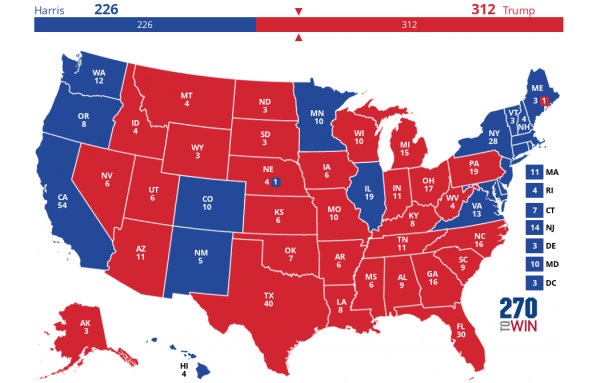New Mississippi Abortion Law Makes Citizens Question The Supreme Court’s ‘Political Agenda’

The New Mississippi Abortion Law being considered in the Supreme Court has citizens questioning the stability of the court as an institution turning over more and more precedents that have been upheld for decades.
Just when we thought the Texas Abortion outlaw couldn’t get worse, a neighboring state has decided to follow suit.
As far as I’ve known, Mississippi has always been a conservative state, and that’s probably not a shocker for anyone reading. So when news broke around the country about the Supreme Court case against their only abortion clinic, many were disappointed but not surprised.
The supreme court case ruling of Roe v. Wade made abortion legal nationwide in 1973, almost 50 years ago. Since then, the ruling has been under mounting attacks, even more so as of recent due to the current political atmosphere.
There is a possible Mississippi law circulating that bars abortion after 15 weeks of pregnancy. This is the most consequential dispute to come before the court in probably an entire generation, seeing as its debating the line of viability and its setting a precedent for the future of states’ right to change/adjust laws as they see fit.
What’s behind the law is an important question about the stability of the court as an institution in the first place, seeing as things are turned over constantly in the court. It’s not exactly the law itself but it’s the message it’s sending, making the supreme court rulings feel more like political acts with a 6-3 conservative majority.
The justices have dealt with the Roe V. Wade debate in numerous cases over the span of the 50 years it’s been in place and on Wednesday, December 1st, the court considered a federal appeals court decision that initially struck down the Mississippi law, seemingly supporting these limitations on abortions.
The 5th US Court of Appeals, known to be one of the most conservative courts in the country, invalidated the Mississippi law, saying it was a direct contravention of Roe which in and of itself shows the public the difference between a political opinion and a court ruling.
“In an unbroken line dating to Roe v. Wade, the Supreme Court’s abortion cases have established (and affirmed and re-affirmed) a women’s right to choose an abortion before viability,” the court held. Upholding a precedent is important to the court as a whole because it shows citizens that laws are firm and not about any ‘political agenda’.
Mississippi appealed that decision to the Supreme Court and after the justices agreed to take up the dispute, the state attorney general said “This court should overrule Roe,” taking it a step even further.
However pro-choice supporters were quick to respond with Julie Rikelman, a lawyer for Jackson Women’s health organization, making the point that if the court were to suddenly overrule Roe, after some 50 years, the new court would be turning its back on its institutional legitimacy. Sure, it’s 15 weeks now, but what will it be next?
This ruling not only affects the lives of Mississippi women and families but also puts in jeopardy the establishment of precedents and the legitimacy of the institution as a whole in cases all over the nation, affecting what is law and what is merely the preferences of the court’s current membership.









